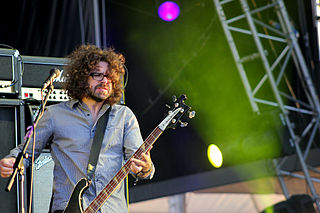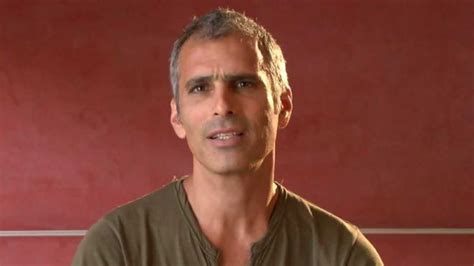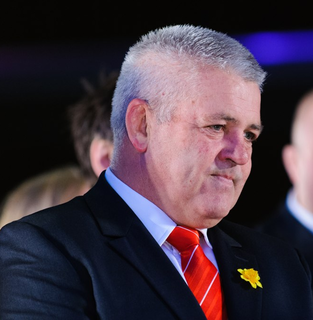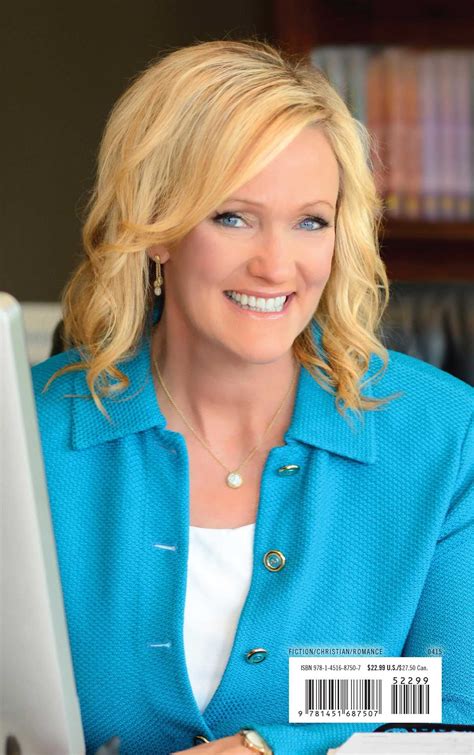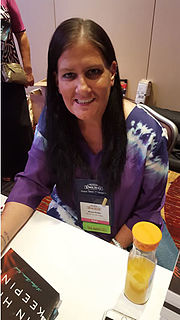A Quote by Kevin Jonas
You can feel how the audiences react. For us, it's about the performance and the reaction. We feed off the energy. And no matter how enthusiastic they are, we can tell if we're playing well or not.
Related Quotes
I do not believe you could intellectually comprehend all the different forces playing upon us. Yet what you can do is become very silent, so you are not distracted and then begin to feel how these forces playing upon us are affecting us, and according to how we feel, we can then make intelligent decisions as to how far, how deep, how much, we explore in any pose.
I don't want to be like the actor who rehearses everything in the bathroom, then comes to the set and carries on completely uninterrupted while the other actors tiptoe away. I'm so dependent on reacting to the other actors on the set, and to the director. I'm very responsive. I react. And I treasure the energy that reaction gives. I feed off that and work off that. I don't like to be too prepared, no. However we define too prepared, if I feel it's getting that way, then I'll back off. My line-learning is very special. I like to learn the dialogue of the whole film before I arrive.
Watching first nights, though I've seen quite a few by now, is never any better. It's a nerve-racking experience. It's not a question of whether the play goes well or badly. It's not the audience reaction, it's my reaction. I'm rather hostile toward audiences?I don't much care for large bodies of people collected together. Everyone knows that audiences vary enormously; it's a mistake to care too much about them. The thing one should be concerned with is whether the performance has expressed what one set out to express in writing the play. It sometimes does.
It's easy to sell good news like this, and the authors confidently rely on classic fallacious arguments. They argue by declaration, which is what makes the books so amusing. In matter-of-fact, authoritative tones, the authors tell us how plants and human beings exchange energy - or they describe what angels look like, whether or how they're sexed, how they communicate with human beings, and how they differ from ghosts. Readers might be expected to wonder, How do they know?
I don't think too much about the past when I am actually playing, I prefer to concentrate on the present. The performance of a piece, no matter how long ago or where it was written, is always a new production, something that comes alive in the present. And it doesn't matter if the piece was written two or three hundred years ago if it is alive in us.


